Codec Identification Tool: 8 Best to Check Video Codec

Here are the best codec identification tools to help you quickly determine which codecs are missing from your multimedia files.
These free utilities, ranging from classic applications to modern command-line solutions, offer detailed insights into video and audio streams so you can fix playback issues and enjoy smooth, uninterrupted viewing.
What are the best codec identification tools
1. MediaInfo
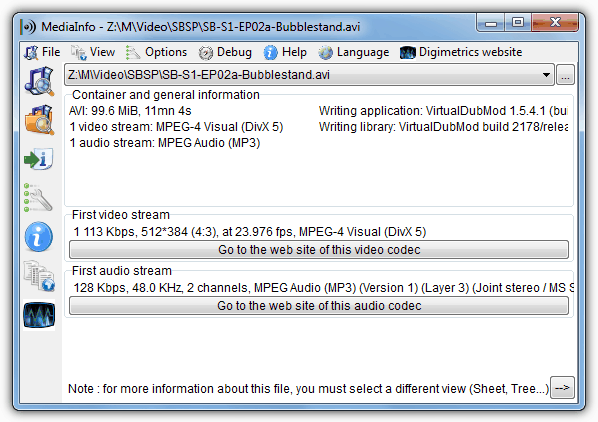
MediaInfo remains one of the best tools for extracting detailed information about a video file.
It offers multiple display modes—basic, sheet, tree, or text—to show everything from codec information to stream details. Clickable buttons lead directly to codec download pages.
Download MediaInfo
2. VideoInspector
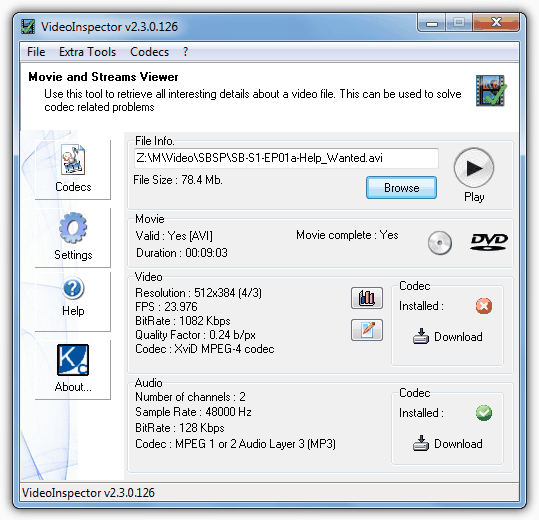
VideoInspector identifies required codecs for AVI, MKV, MPEG I/II, and QuickTime files. It displays audio and video details clearly; if a codec is missing, a red cross appears with a download button for the official site.
3. Codec Installer
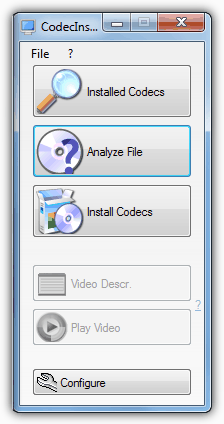
Codec Installer scans video files (AVI, MPEG, WMV, MP4) and detects missing codecs. Once identified, a button directs you to choose from 13 codec options, with a recommended codec highlighted.
Download Codec Installer
4. GSpot
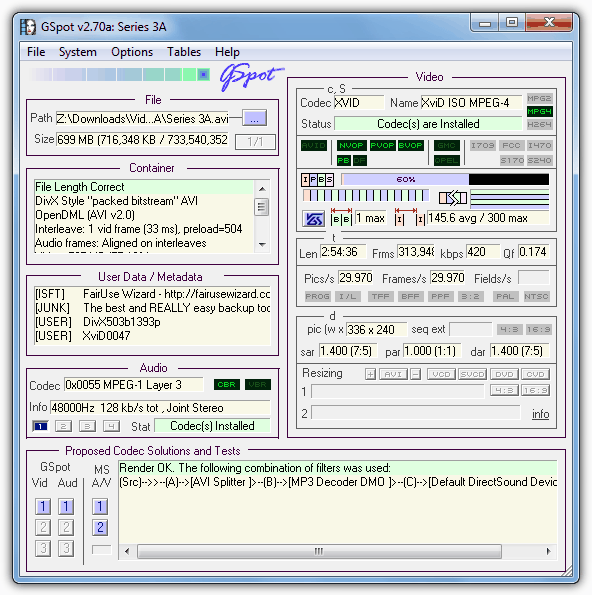
GSpot is a portable tool that displays detailed codec information. It shows the names of required codecs, allowing you to search for them manually.
Download GSpot
5. AVIcodec
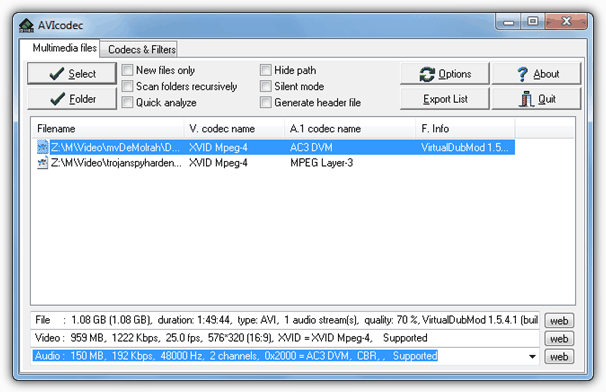
AVIcodec identifies codecs for AVI, WMV, Real Media, MPEG, and FLV files. It supports folder scanning and provides direct links to official codec sites.
Download AVIcodec
6. AfreecodecVT
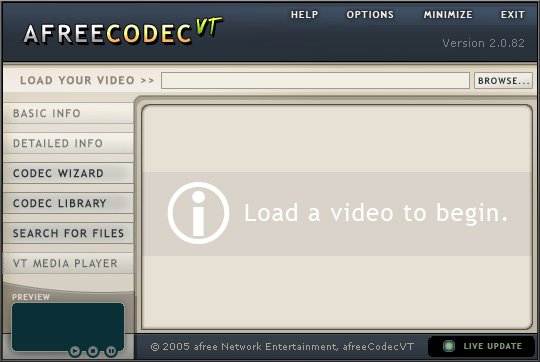
AfreecodecVT focuses exclusively on AVI files, identifying missing codecs and offering a basic video player for previews.
Download AfreecodecVT
7. FFprobe (Part of FFmpeg)

FFprobe, part of the FFmpeg suite, is a powerful command-line tool that provides detailed information about multimedia files, including codec, format, and stream data.
Learn more about FFmpeg/FFprobe
8. VLC Media Player’s Codec Information
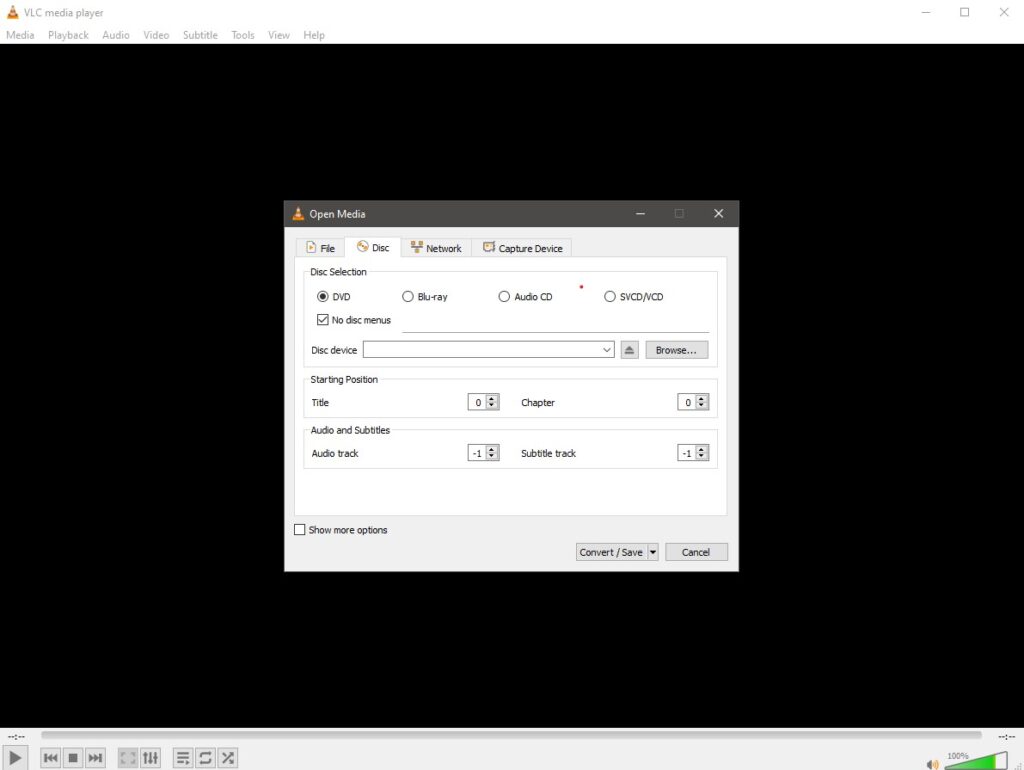
VLC Media Player offers a built-in codec information panel. By selecting Tools > Codec Information, you can view detailed data on video and audio streams.
Download VLC Media Player
Conclusion
MediaInfo is the top codec identification tool for most users. Paired with FFprobe or VLC’s built-in features, these tools provide comprehensive solutions to resolve playback issues.
For further help, see our guides on repairing corrupted video files and fixing video playback problems by removing bad codecs.



User forum
9 messages